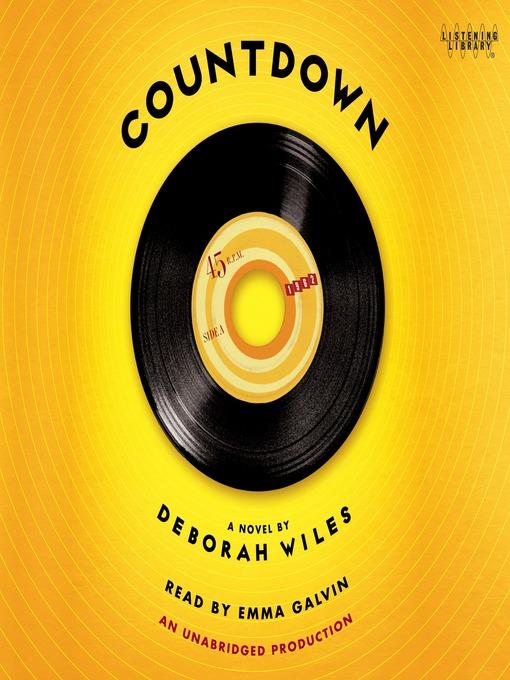
Countdown
Sixties Trilogy, Book 1
فرمت کتاب
audiobook
تاریخ انتشار
2011
Lexile Score
800
Reading Level
3-4
نویسنده
Emma Galvinشابک
9780307879660
کتاب های مرتبط
- اطلاعات
- نقد و بررسی
- دیدگاه کاربران
نقد و بررسی

Starred review from April 26, 2010
Wiles heads north from her familiar Mississippi terrain (Each Little Bird That Sings) for this "documentary novel" set in Maryland during the Cuban Missile Crisis. Eleven-year-old Franny, a middle child, is in the thick of it—her father (like Wiles's was) is a pilot stationed at Andrews Air Force Base. Wiles palpably recreates the fear kids felt when air-raid sirens and duck-and-cover drills were routine, and when watching President Kennedy's televised speech announcing the presence of missiles in Cuba was an extra-credit assignment. Home life offers scant refuge. Franny's beloved older sister is keeping secrets and regularly disappearing, her mother's ordered household is upended by the increasingly erratic behavior of Uncle Otts (a WWI veteran), and Franny's relationship with her best friend Margie is on the brink as both vie for the same boy's attention. Interwoven with Franny's first-person, present-tense narration are period photographs, newspaper clippings, excerpts from informational pamphlets (how to build a bomb shelter), advertisements, song lyrics, and short biographical vignettes, written in past tense, about important figures of the Cold War/Civil Rights era—Harry S Truman, Fannie Lou Hamer, Pete Seeger. The back-and-forth is occasionally dizzying but the striking design and heavy emphasis on primary source material may draw in graphic novel fans. Culminating with Franny's revelation that "It's not the calamity that's the hard part. It's figuring out how to love one another through it," this story is sure to strike a chord with those living through tough times today. Ages 9–12.

The audio format strengthens the setting of the first book in Wiles's Sixties Trilogy. Emma Galvin narrates the convincing first-person story of 11-year-old "Army brat" Franny. Galvin expresses both Franny's fierce exterior and her inner fears concerning her shell-shocked uncle, her secretive sister, and her fading friendship with her best friend, as well as the threat of the Cuban Missile Crisis. Additional strength comes from the production's periodic clips, which deftly portray the era: a recording of a Khrushchev speech, a static-filled BBC report, cartoon character quotes, bits of sixties songs, and the ticking of a movie projector as an announcer provides directions for how to "duck and cover." These evocative auditory montages add to the authenticity of the setting and serve as social commentary that seems almost as important as the novel's characters. S.W. (c) AudioFile 2011, Portland, Maine

























دیدگاه کاربران